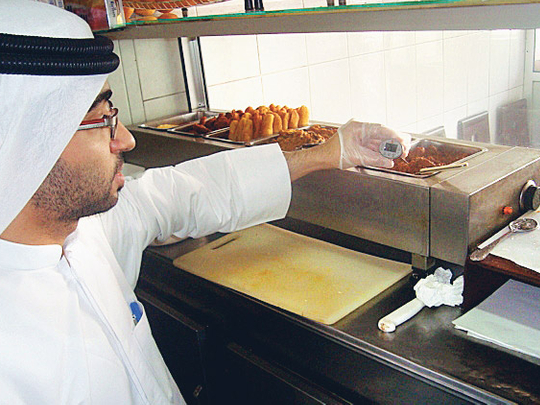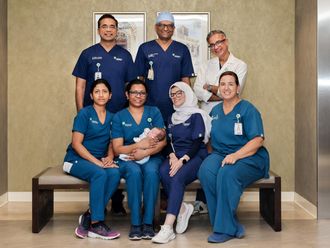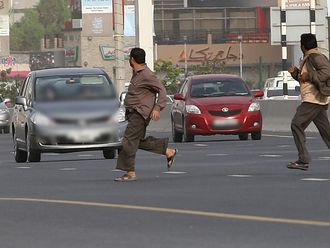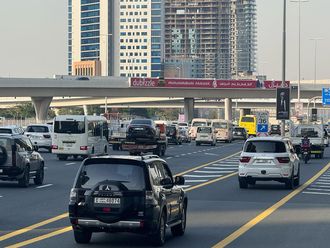
Dubai: Dubai Municipality says it is prepared for Ramadan and is ready to be vigilant to ensure public health and safety during the fast.
Ahmad Abdul Rahman Al Ali, Head of the Food Inspection Section at Dubai Municipality, said preparations for Ramadan started at the beginning of this month.
Municipality staff will be maintaining a strict vigil on food outlets and shops to ensure they comply with health and hygiene rules, Al Ali said.
Food inspectors have been well prepared to deal with any violations affecting public health, by taking a course on health-related offences, he said.
Al Ali said inspectors had been educated about regulations for food offered in open areas, and about the terms and conditions for the validity of food offered during the fasting month.
He said that the municipality would step up its inspections of food outlets and shops as well as restaurants and cafeterias to ensure that health, safety and hygiene rules were being met at all times.
"As part of an intensified Ramadan programme, surprise inspections will be carried out by food inspectors on food outlets and restaurants to ensure they abide by health rules during the fasting month," Al Ali said.
Quality of oil
He said because fried food was frequently consumed during Ramadan, the section would focus on the quality of oil used to fry food and to make sure that health and hygiene rules were being obeyed in food storage and preparation areas.
Al Ali pointed out that inspectors will ensure food sold by the roadside is well covered, and that staff are committed to personal hygiene by wearing gloves and head covers. The inspectors will also ensure staff are abiding by occupational health regulations.
Al Ali pointed out the need to ensure that food is cooked at an appropriately hot temperature, and stored at a cool temperature to preserve the food after its preparation.
If not cooked or kept at the proper temperatures, food can spoil and cause food poisoning.
Since Ramadan was taking place during summer this year, the higher heat and humidity could place food at a higher risk of spoiling if it is not cooked or stored properly, he said.
Al Ali said the inspectors' focus would be on food preparation and the temperature in which it is stored and transported, and to ensure food outlets' commitment to technical specifications.
Slaughterhouses: Hours extended
Slaughterhouses in Abu Dhabi will operate up to 16 hours a day during Ramadan as part of an effort to meet growing demand during the month, said a statement issued by the Municipality of Abu Dhabi City yesterday. Abattoirs will operate in two shifts from 6am to 5.30pm, and from 10pm to 2am from Sunday to Thursday. On Fridays, working hours will be from 6am to 11am and from 2pm to 5.30pm.
The municipality has completed preparations to put this into effect, ensuring the best health standards to provide better services to the public and creating a flexible timing mechanism suitable for all customers. There is no change in the slaughtering fee, said the statement.
The municipality confirmed it has fully prepared abattoirs and related facilities to receive any number of animals to be slaughtered. The second slaughtering hall at Al Mina has been prepared to accommodate any increase in the number of animals. Special arrangements have been made to slaughter camels and cows.
The municipality called on the public to avoid slaughtering animals in their houses and residential areas or in any other places outside abattoirs, to preserve public health and safety, and also the city's image. This is essential to avoid spreading diseases and to ensure the slaughtered animals are subjected to veterinary tests which are provided free of charge by the municipality at abattoirs.
Municipality also announced the slaughtering fee of Dh15 for a sheep or goat; Dh40 for a calf or young camel; Dh60 for a cow and a big camel. The prices cover the chopping of the slaughtered sheep and goat into four pieces, and camels and cows into six to eight pieces on the request of the customer.
- Staff Report












